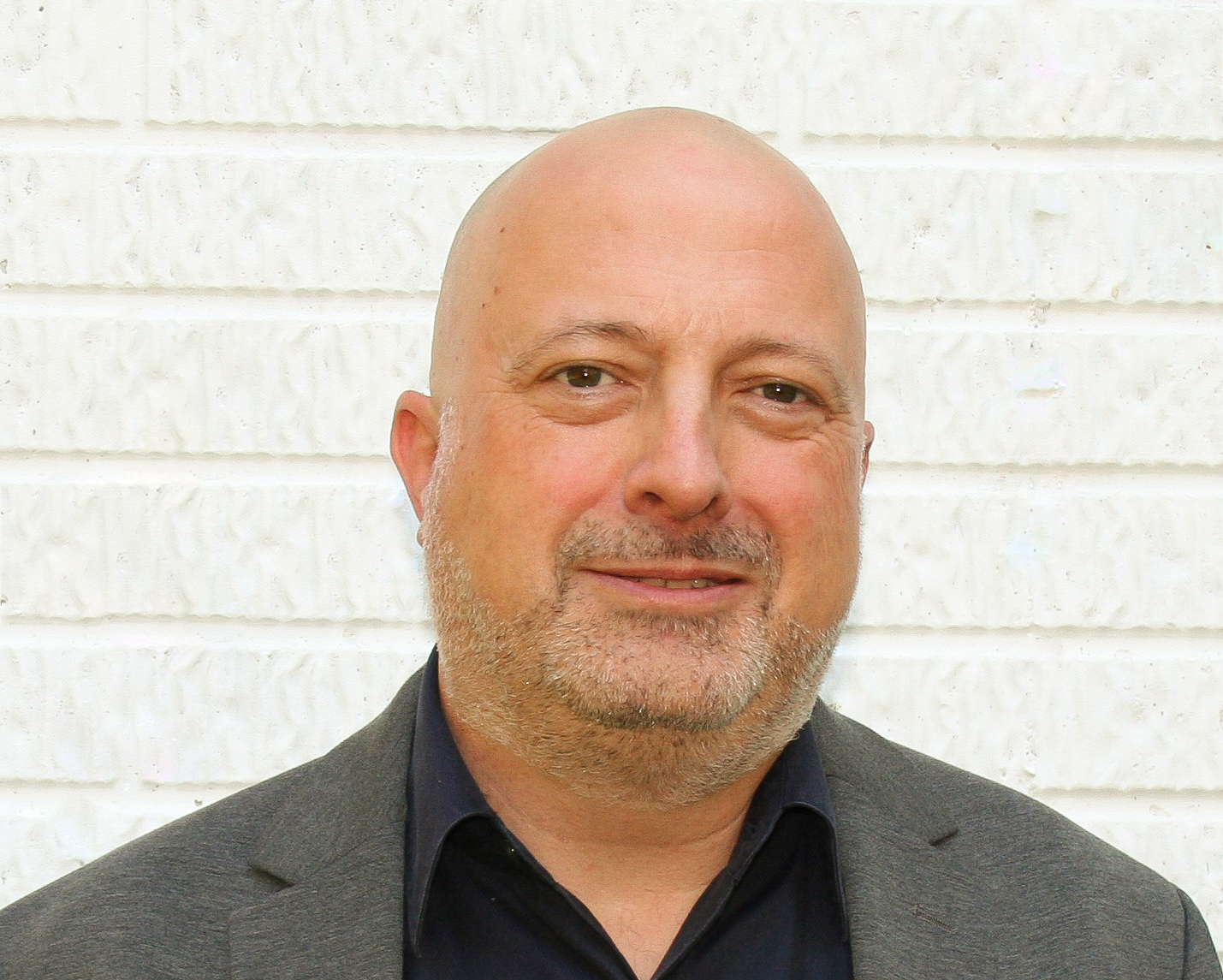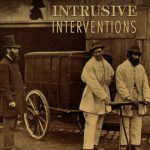
Graham Mooney, PhD
Institute of the History of Medicine
The Johns Hopkins University
1900 East Monument Street
Baltimore, MD 21205
Research Interests
History of public health nineteenth and twentieth centuries, UK and USA; infectious disease surveillance and control; historical geographies of health and medicine; historical epidemiology and demography.
Bio
My book Intrusive Interventions: Public Health, Domestic Space, and Infectious Disease Surveillance in England 1840-1914 (University of Rochester Press, 2015), examines the history of public health interventions such as infectious disease notification, institutional and domestic isolation, disinfection, and contact tracing.
I am currently working on two book projects. Harm City: Health and Injustice in Urban America is based on a class that I teach at the Johns Hopkins Bloomberg School of Public Health. The book uses a case study of race and class politics in Baltimore to explore the fracturing of public health systems and policy in neo-liberal American cities. Spatial Histories of Modern Medicine: Using Space and Place to Understand the Past (under contract to Cambridge University Press) uses a series of historical examples, including homes, ambulances, and waiting rooms, to investigate how the characteristics of space and place influence healing practices, and how the practice of medicine produces particular kinds of place and space.
Adjunct appointment in the Department of Epidemiology, Bloomberg School of Public Health
CV: https://jhusom.academia.edu/GrahamMooney
Publications
Books
 |
Graham Mooney, Intrusive Interventions: Public Health, Domestic Space, and Infectious Disease Surveillance in England 1840-1914 (University of Rochester Press 2015). Read the Introduction. |
 |
(co-edited with Jonathan Reinarz) Permeable Walls: Historical Perspectives on Hospital and Asylum Visiting (Clio Medica/Rodopi [now Brill], 2009). |
Articles
Graham Mooney. ‘The Reception House: A New Space for Managing Infectious Disease “Contacts”.’ Journal of Victorian Culture, 27;2, April 2022, 319–337. https://doi.org/10.1093/jvcult/vcac016
Simon R. S. Szreter and Graham Mooney. ‘Scarlet fever and nineteenth‐century mortality trends: a reply to Romola Davenport.’ Economic History Review, 74;4, 2021, 1087-1095. https://doi.org/10.1111/ehr.13042
Graham Mooney, ‘Editorial: The Dangers of Ignoring History Lessons During a Pandemic.’ Annals of Internal Medicine, 174:4, April 2021, 556-557. https://www.acpjournals.org/doi/10.7326/M21-0449
Graham Mooney. ‘“A menace to the public health” — contact tracing and the limits of persuasion.’ New England Journal of Medicine, 383, 2020, 1806-1808. https://doi.org/10.1056/NEJMp2021887
Ayah Nuriddin, Graham Mooney and Alexandre White, ‘Reckoning with histories of medical racism and violence in the USA.’ The Lancet, 396:10256, October 3, 2020, 949-951. http://doi.org/10.1016/S0140-6736(20)32032-8
Graham Mooney, ‘Washington and Welch talk about race: public health, history, and the politics of exclusion.’ American Journal of Public Health, 105:7, July 2015, 1317-1328. http://doi.org/10.2105/AJPH.2015.302636. This article was a 2106 AJPH Paper of the Year Awardee.
Toke Aidt and Graham Mooney ,‘Voting suffrage and the political budget cycle: evidence from the London Metropolitan Boroughs, 1902-1937.’ Journal of Public Economics, 112, 2014, 53-71. https://doi.org/10.1016/j.jpubeco.2014.01.003
Graham Mooney, ‘The material consumptive: domesticating the tuberculosis patient in Edwardian England.’ Journal of Historical Geography, 42:1, 2013, 152-166. http://dx.doi.org/10.1016/j.jhg.2012.12.007. This article was ‘Highly Commended’ for the Journal of Historical Geography Prize, 2014.
Chapters
Jeremy A. Greene, Graham Mooney and Carolyn Sufrin, ‘The walking classroom and the community clinic: teaching social medicine beyond the medical school’. In Helena Hansen, Jonathan Metzl (eds.), Structural Competency in Mental Health and Medicine: A Case-Based Approach to Treating the Social Determinants of Health (Springer, 2019), 15-25
Graham Mooney, ‘Historical demography and epidemiology: the meta-narrative challenge,’ in Mark Jackson (ed.), The Oxford Handbook of the History of Medicine (Oxford University Press, 2011), 373-92.
Covid-19 commentary
Op-eds/Articles
Graham Mooney, “Empathy & Contact Tracing,” Mursion Virtual Reality Roundtable, Mursion, November 19, 2020.
Graham Mooney, “How to Talk About Freedom During a Pandemic,” The Atlantic, May 19, 2020.
April 10, 2020, Graham Mooney, A Historical Perspective on the Connections Between Public Health and Schooling, A Historical Guide to Pandemic Responses, Johns Hopkins Communications; accompanying video: https://www.youtube.com/watch?v=Lw9rJ9PHe7M
Graham Mooney, Hospital visiting in epidemics: an old debate reopened, History & Policy, April 9, 2020.
Graham Mooney, “Quarantine is One of the Oldest Powers in the Book. That Doesn’t Mean Governments Should use it to Fight Coronavirus,” The Globe and Mail, March 6, 2020.
Radio/Podcasts/Television
Graham Mooney, “Public Health Officials Discuss Why They Quit During The COVID-19 Pandemic,” NPR Morning Edition, August 6, 2020.
Graham Mooney, “History of Contact Tracing,” Johns Hopkins Bloomberg School of Public Health Communications, June 12, 2020.
Graham Mooney, “History of Government Responses to Pandemics,” Politics! Politics! Politics! April 10, 2020.
Graham Mooney, “Pandemics in Perspective: A Virtual Roundtable Discussion,” American Philosophical Society, April 3, 2020.
Jeremy Greene & Graham Mooney, “COVID-19 and the 1918 Flu Pandemic—What Can We Learn?,” Public Health On Call, March 27, 2020.
Graham Mooney, “Can we learn anything from the Spanish flu epidemic of 1918?”, ABC Australia, 7.30 Report, March 26, 2020.
Graham Mooney, “In the Response to Coronavirus, Echoes of Pandemics Past,” Trend Lines, World Politics Review, March 25, 2020.
Graham Mooney, “What We Can Learn From Pandemics in History,” Minnesota Public Radio News with Kerri Miller. March 23, 2020.
Graham Mooney, “Epidemics, Elites, and Public Health,” Against the Grain, KPFA 94.1, March 18, 2020,
Graham Mooney, “Pandemic Historian Dr. Graham Mooney,” Profoundly Pointless, March 18, 2020.
Graham Mooney, “The Rob Snow Show,” 1310 News, Ottowa, March 17, 2020,
Graham Mooney, “Breakfast Show,” Voice of Islam, March 11, 2020.
Interviews/Quotes
Graham Mooney and Jeremy Greene, “When Will The Pandemic Be “Over”? We Ask Two Medical Historians,” Tom Hall, Midday, WYPR. April 28, 2021.
Graham Mooney and Jeremy Greene, “How History Explains Pandemic Behavior,” Anna Louie Sussman, Hopkins Bloomberg Public Health, February 18, 2021.
Graham Mooney, “Why you Might Now Get a Phone Call to Tell You You’ve Been Exposed to the Coronavirus,” Seattle Times, May 20, 2020.
Graham Mooney, “With Outbreaks Come Misinformation. Covid-19 is no Exception,” Undark Magazine, March 23, 2020.
Graham Mooney, “A Historical Lesson in Disease Containment: Tuberculosis Sanatoriums Offered Patients Fresh Air, Entertainment, and Socialization—For Those Who Could Afford Them,” The Atlantic, March 21, 2020.
Graham Mooney, “What We’ve Learned from Past Pandemics,” Quartz, March 17, 2020.
Graham Mooney, “In the Coronavirus, Historians See Echoes of Past Pandemics,” Futurism, March 10, 2020,
Graham Mooney, “Extreme Actions During Spanish Flu May Preview Decisions on Coronavirus Today,” Milwaukee Journal Sentinel, March 7, 2020,
Teaching
ME 150.728 Healing Spaces: Historical Geographies of Medical Practice (View an introduction here.)
SPH 550.609.01 Life and death in Charm City: Histories of Public Health in Baltimore, 1750 to the present (Johns Hopkins Bloomberg School of Public Health Excellence in Teaching, 2013, 2014)
SPH 550.605.81 History of Modern Public Health (Online Class. View an introduction here.)